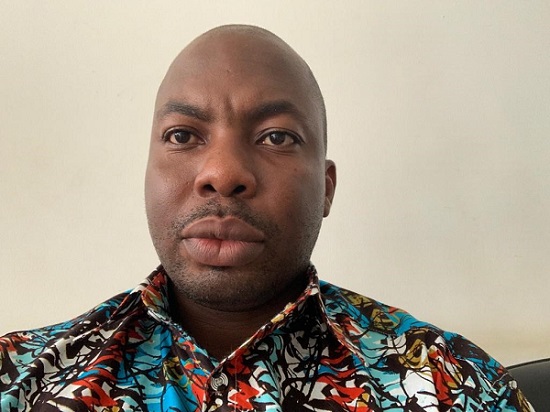Ghana's power sector has long been at the forefront of national discourse, especially with increasing demand and the rising importance of efficient energy generation.
An analysis of September 1, 2024, natural gas usage across key power plants highlights a pressing issue — inefficiencies in gas-to-power conversion within certain plants, particularly those operated by the Volta River Authority (VRA). This inefficiency presents a clear opportunity for reform, potentially through privatization.
The Power Plant Efficiency Breakdown
A recent natural gas report examined eight power plants' efficiency in converting gas into electricity. The standout performer, SAPP (Tema Offtake), delivered 6.25 MW per MMscfd (Million Standard Cubic Feet per Day) of natural gas consumed. In comparison, VRA Takoradi and VRA Tema lagged, with efficiencies of 4.8 MW/MMscfd and 3.88 MW/MMscfd, respectively.
This comparison highlights a crucial inefficiency within the VRA-operated thermal plants. While private sector players like SAPP and Karpowership generate significantly more electricity per unit of gas, the VRA's plants are struggling to keep pace. For instance, VRA Tema, the least efficient plant in the report, requires a much larger volume of gas to produce the same amount of power as its competitors.
Justification for Privatisation
Privatization could bring much-needed efficiency, accountability, and investment to Ghana’s thermal power generation. Here's why:
- Improved Efficiency :
The private sector has proven its ability to optimize gas usage, as evidenced by SAPP’s superior performance. Bringing in private management for VRA’s thermal plants could result in better gas-to-power conversion rates, reducing wastage and ultimately lowering operational costs. - Technological Innovation:
Private firms often invest in advanced technologies and practices that can maximize output. By privatizing the VRA’s thermal plants, there could be a technological overhaul that boosts generation efficiency, putting Ghana in a stronger position to meet its growing energy needs. - Increased Competition: Privatization fosters competition, which can drive down electricity costs and improve service delivery. With private entities operating key plants, the market would be more dynamic, spurring innovation and potentially reducing the cost of power to end consumers.
- Alleviating the Debt Burden:
VRA’s inefficiencies contribute to financial losses, which are often covered by public funds. Privatization would transfer this risk to the private sector, potentially freeing up government resources for other critical sectors such as education, healthcare, and infrastructure. Expert Judgement
Ghana’s thermal power plants are a vital part of the country’s energy mix, but inefficiencies, particularly within the VRA-operated plants, are holding back the sector’s full potential. The remarkable efficiency of private entities like SAPP suggests that privatization could unlock significant gains in power generation efficiency. As Ghana looks to modernize its power sector and improve service delivery, privatizing VRA’s thermal plants should be a key consideration in future energy reforms.
Privatization offers a path to not only optimise gas resources but also position Ghana’s energy sector for a more sustainable and competitive future.
Latest Stories
-
IPR Ghana@50: Pupils educated to keep the environment clean
4 mins -
PenTrust CEO named ‘Best Pensions CEO’, company wins ‘Scheme Administrator Award’ at Ghana Accountancy & Finance Awards 2024
24 mins -
Alan Kyerematen’s ‘Brighter Future for Health Professionals’ in Ghana Revealed in Bono
34 mins -
NPP will ensure a safer, cleaner and greener environment – Dr Kokofu
42 mins -
2024 Election: Police to deal with individuals who will cause trouble – IGP
43 mins -
Seychelles President’s visit rekindles historical and diplomatic ties with Ghana
49 mins -
Election 2024: EC destroys defective ballot papers for Ahafo and Volta regions
59 mins -
2024 Election: I am sad EC disqualified me, but I endorse CPP’s candidate – PNP’s Nabla
1 hour -
I want to build a modern, inclusive country anchored by systems and data – Bawumia to CSOs
1 hour -
Miss Health Ghana 2024: Kujori Esther Cachana crowned new Health Ambassador
2 hours -
Livestream: The manifesto debate on WASH and climate change
2 hours -
Alan Kyerematen saddened by NDC and NPP’s neglect of Krofrom Market in the Ashanti Region
2 hours -
CSIR Executive Director urges farmers to adopt technology for improved farming
2 hours -
Football Impact Africa’s Ghetto Love Initiative inspires change in Teshie
2 hours -
Peter Toobu calls for tighter border security over uncovered weapons at Tema Port
2 hours

